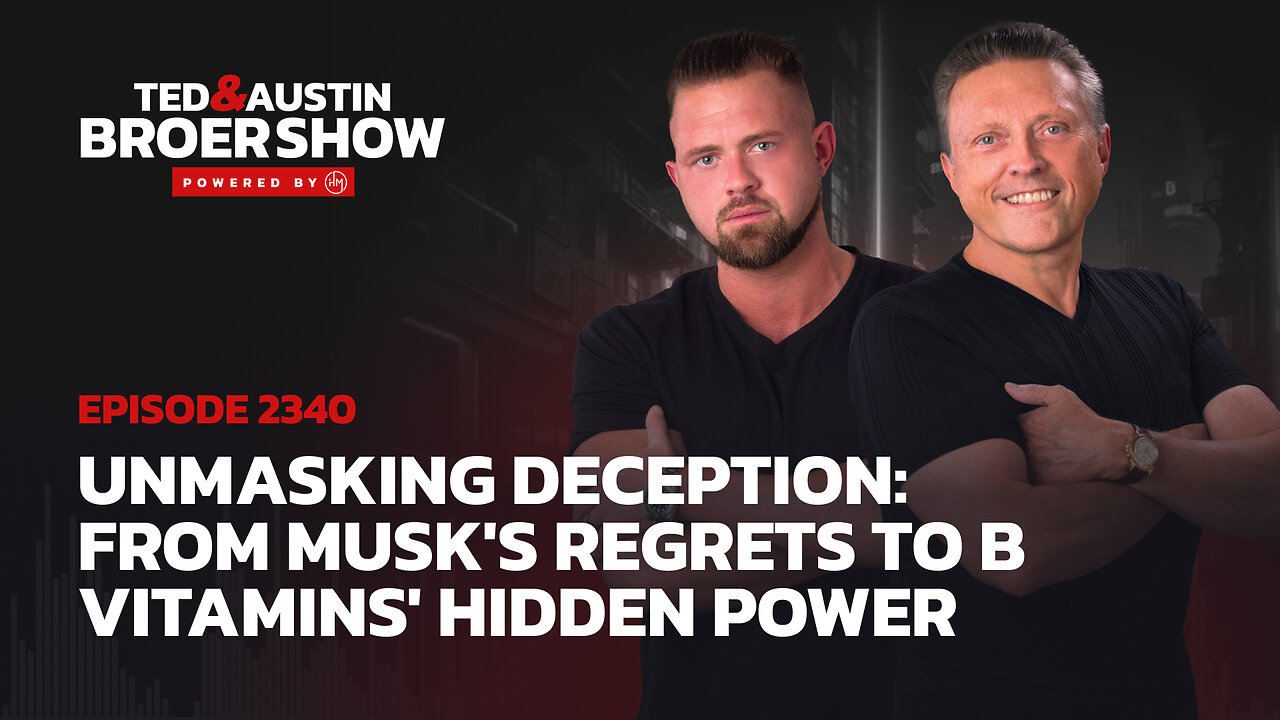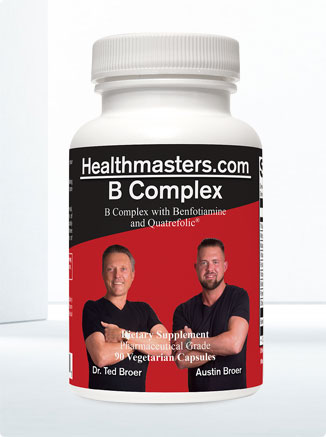In this comprehensive episode of the Ted & Austin Broer Show, the hosts cover topics ranging from health supplements to global politics and cultural issues.
The show begins with a focus on their methylated B vitamin supplement, currently on sale with a 15% discount. The hosts emphasize the importance of high-quality supplements over cheaper synthetic alternatives, introducing the concept of post-purchase dissonance through personal anecdotes about buying decisions.
The conversation shifts to geopolitical tensions, particularly between the US and Russia. They discuss Paul Craig Roberts’ article about potential conflict escalation and Putin’s humanitarian efforts in Donbass. This leads to concerns about the Anti-Semitism Awareness Act, which they criticize for potentially violating First and Fourteenth Amendment rights.
Technological and ethical issues feature prominently as they address artificial intelligence developments, referencing Henry Kissinger’s warnings about superhuman beings. They discuss a controversial startup offering embryo screening for higher IQs, raising ethical concerns about genetic manipulation.
Cultural topics include criticism of a UK school removing Christmas references and Disney’s handling of transgender content. The hosts emphasize the importance of maintaining religious traditions while navigating cultural sensitivity.
Health concerns remain central as they discuss holiday detoxification strategies using NAC and liver support supplements. They address significant health issues, including talcum powder’s link to ovarian cancer and the dangers of artificial sweeteners like aspartame and sucralose.
The episode concludes with discussions about COVID-19 booster shots, vaccine injuries, and media propaganda surrounding public health crises. The hosts emphasize critical thinking and maintaining a strong immune system rather than succumbing to fear.
Throughout the show, Ted and Austin Broer maintain their commitment to exposing truth while offering practical health solutions, encouraging listeners to think critically about both personal health choices and broader societal issues.


 Share
Share

